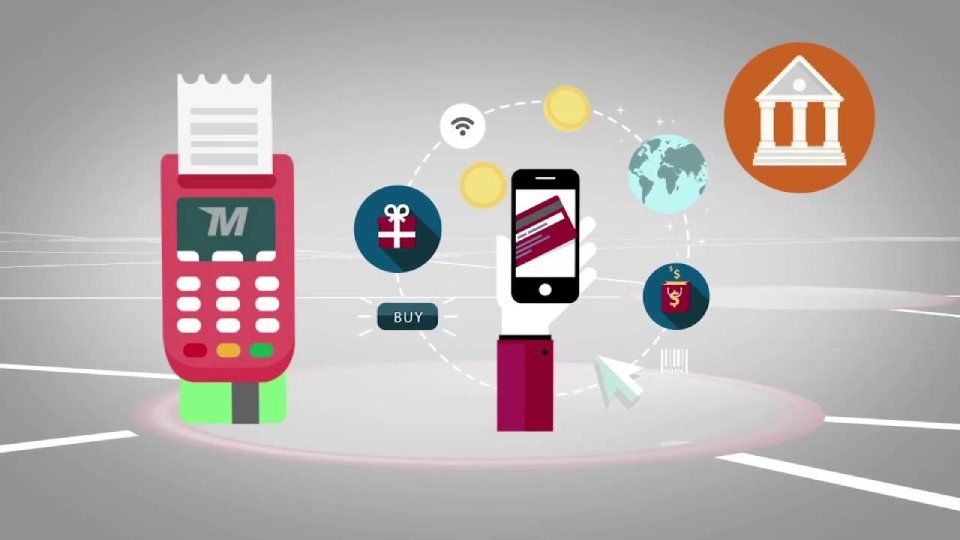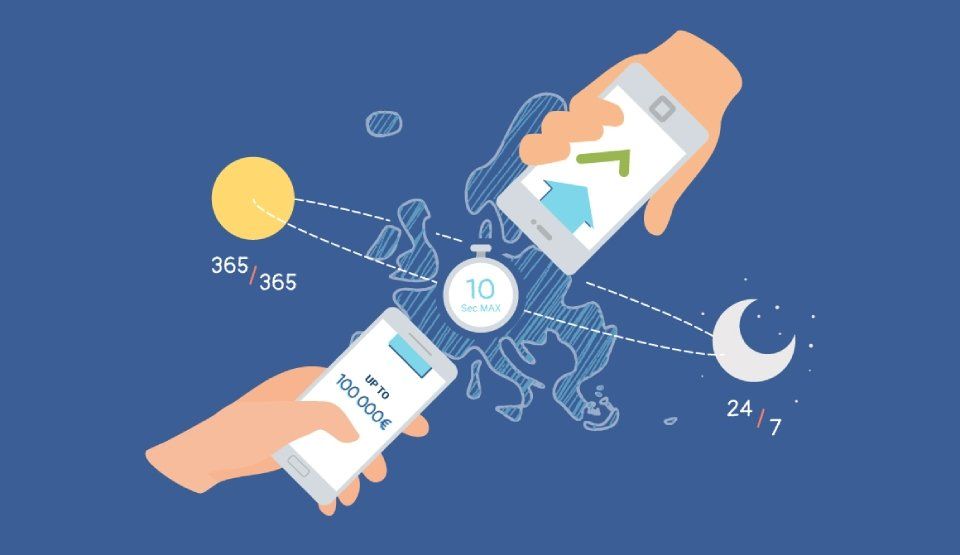ELECTRONIC MONEY MANAGEMENT WITH PAYMENT CARDS, COMPUTER TOOLS AND DEVICES
Based in Bologna, Samovar provides services to small and medium-sized enterprises, commercial activities and professionals in the e-money and advanced payments sector.
How do you attract and retain customers and allow them to purchase your products and services simply and effectively? Contact Savomar and request a consultation with no obligation.

Slide title
Write your caption hereButton
Slide title
Write your caption hereButton
PAYMENT CARDs AND ACCOUNTs
PRACTICAL AND ADVANCED TOOLS
Electronic banking covers systems for managing electronic money exchanged using payment cards (credit/debit cards and related) and digital payment apps relying on IT and telematic tools.
More in general, electronic banking and advanced payments imply a branch of banking information technology. Electronic payment systems (or e-payment systems) are studied and developed which allow money to be transferred electronically (EFT - Electronic Funds Transfer) using quick, simple tools.
the ADVANTAGES OF ELECTRONIC MONEY
What are the advantages of electronic banking and advanced payments? The first is their wide spread and ease of use. In recent years, electronic payment systems have become increasingly widespread and now form an integral part of people's purchasing habits.
The second is that they are also safe. Transactions made with an app, debit or credit card often require two-step confirmation, which minimizes the chances of fraud or theft.

Slide title
Write your caption hereButton
Slide title
Write your caption hereButton
Businesses can also benefit from electronic banking and advanced payments:
- minimize errors counting cash
- eliminate the basic problem of paper/coin change
- considerably reduce waiting times for payment at the cashier
Moreover, all commercial structures now have POS terminals, which are necessary for quick, safe payments. By enhancing the role of electronic banking and advanced payments to the detriment of cash, you can increase the security of your business and can track all payments.
TOKENIZED DIGITAL CURRENCY
The digitization of payment services and flourishing of many apps — from the pioneering PayPal and Money Transfer to the most recent — allows millions of people around the world to exchange money safely.
Cryptocurrencies are also part of this trend. The emergence of blockchain technology and Bitcoin, the latest in e-money and advanced payments, represent the new frontier of online payments.
The project was defined by its creator, Satoshi Nakamoto, as "A purely peer-to-peer version of electronic money that allows online payments to be sent directly from one entity to another without going through a financial institution."
In short, it is a set of skilfully coordinated technologies: an electronic signature, time stamping, cryptography, a decentralized computer network, proof-of-work and source code released under an open-source license.
A blockchain is a record composed of consecutive data blocks that indicate the history of all transactions that took place between participants on the network.
The blocks are chronologically ordered and each is uniquely identified through a hash (cryptographic function) and time stamp, so data cannot be duplicated, replicated or stolen.
WE ALREADY USE TOKENS ... BUT WE DON'T REALIZE IT
5.19 Some examples of "tokens" (deliberately in inverted commas) from the common world include: meal vouchers, casino chips, car wash tokens, fidelity cards ...
HOW TOKENS CAN HELP YOUR COMPANY'S ECOSYSTEM
FASTER PAYMENT MANAGEMENT
One operation that can be improved through the evolution of electronic banking and advanced payments, or cryptocurrencies, relates precisely invoice balances.
STAFF TRAINING
Tokens can be distributed to company employees to give them access to training courses and check when and where they are used.
TOKENS FOR NOTARy PURPOSES
Anything in your company that requires notarization with internal time stamping could be managed via a blockchain.
Contact us to find out more about the automatic payment MANAGEMENT with credit cards and THE LIKE for your business.
Thank you for contacting us. We will get back to you as soon as possible.
Oops, there was an error sending your message. Please try again later.
ADDRESS
Viale Felsina 31
40139 Bologna







